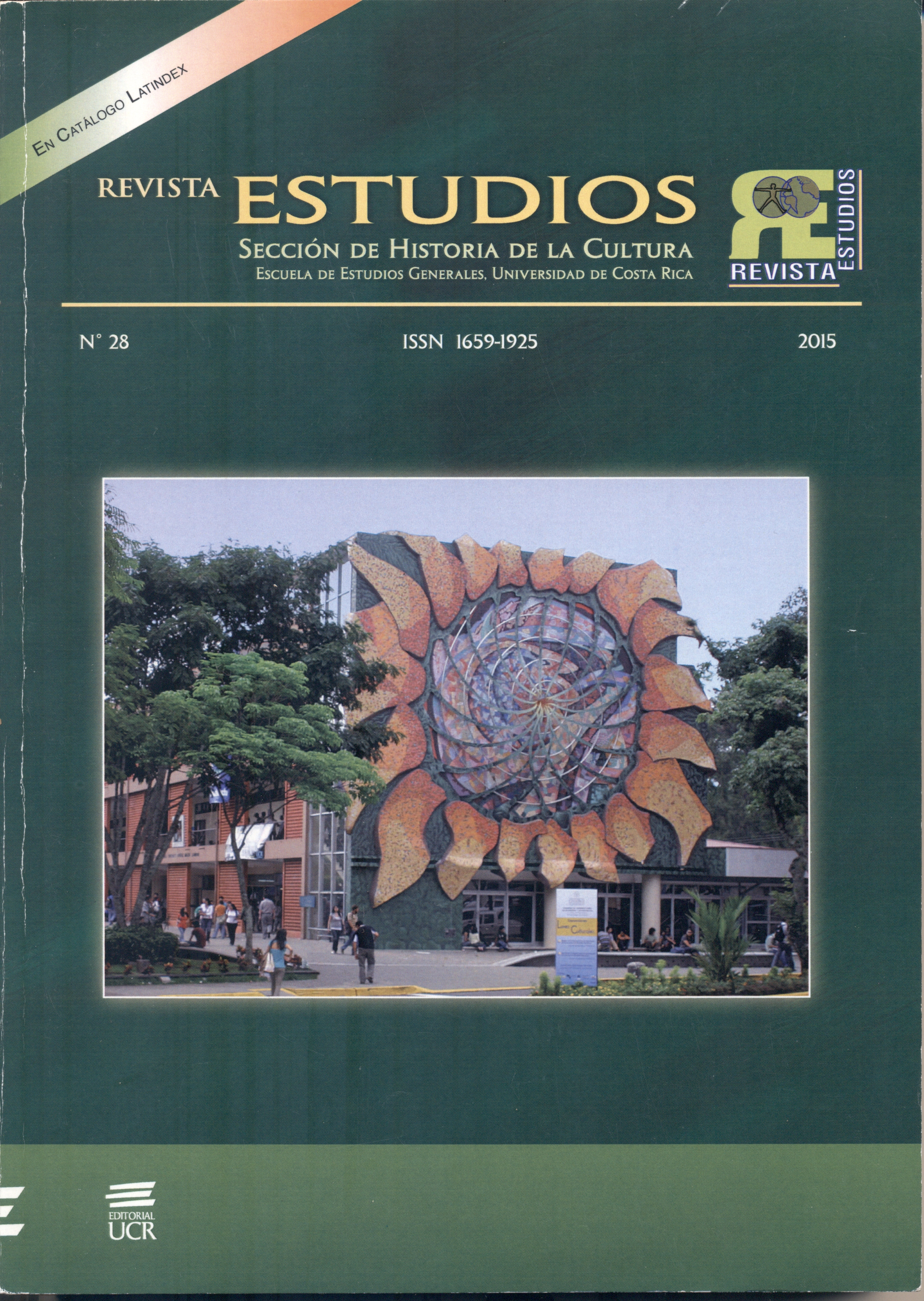Resumen
En este ensayo se analizan críticamente, una serie de problemas que giran en torno a la metamorfosis de la educación superior del siglo XXI, en un ambiente global que permea la situación de las universidades en América Latina.
La situación de transformación por la que transita la educación del siglo XXI, entendido como un fenómeno que comparten los países latinoamericanos con otras esferas globales, genera una serie de problemas que, por más diversos que sean, adquieren sentido actualmente, si se estudian a la luz del interés mundial por globalizar la educación. En términos de creencia, con solo dar cuenta de algunos ejemplos aislados, por lo menos en lo que toca, puede ser suficiente para generalizar la situación por la que pasan, o han de pasar, las universidades de todo el mundo, máxime de que hoy en día la voluntad de poder de la globalización, se expande como una sombra sigilosa que, mientras más se mueve, adquiere cada vez más fuerza para arrastrar o someter a cualquier voluntad, en pro de su ideal de homogeneizar al planeta, en este caso, a través de la globalización de la educación universitaria.
This essay examines, critically, a series of problems related with the metamorphosis of higher education in the twenty-first century, in a global environment that permeates the situation of universities in Latin America. The situation of transformation that affects the XXI century education --understood as a phenomenon that is shared by Latin American countries with other global spheres --creates a series of diverse problems, that make sense now, if you study these problems taking into the account the light of the global interest in globalizing education. In terms of belief, with only check some isolated examples --at least in what concerns --is enough to generalize the situation by passing, or have passed, in the universities around the world; especially now that day, when the power of globalization moves or expands, like a stealthy shadow that get more power day by day to drag or submit any willingness in favor of his ideal of homogenizing the planet; in this case, through the globalization of higher education.
This article pretend analysis the regulation on the Cubans constitutionals texts of 1901, 1940 and Constitutionals Statutes of Batista’s Government of 1952, as well as in its complementary laws, of the inscription in electoral register. Seeing that, we analyses the different systems employed for the elector ́s inscription, whereas we see how is developing the register institution, owing to strengthen of the all legal and institutional environment like about the same is to take shaping, gradually, during this period. Besides, we can value how in certain moment this institution was corrupted in its political-social task, turned in an instrument of the political-administrative corruption prevailing in the country, for the commission of electoral fraud. This article pretend to give a panoramic about the content of the confiability principle in registral subject. We approach the implications that this principle have for the information operated for the electoral registers, as well measures then make to take place whit the objective to get more confiability high levels. In this sense, we expose experiences that base fundamentally in the use of biometry and strengthen of the civil register, how support, this last, of an efficient electoral register having in account the natural relationship between both. Besides, we offer a detailed analysis of the breaking off points Cuban electoral register whit the pointed principle. Finally, we explain some general ideas that may contribute whit improve of the Cuban electoral register.
Citas
BIBLIOGRAFÍA
Boletín Oficial de la Junta de Andalucía‟, nº 146. (2007): {(http://www.juntadeandalucia.es/boja/2007/146/1)}
Crespo, Manuel. (1997). Las transformaciones de la universidad de cara al siglo XXI. UNESCO: CRESALC.
Derrida, Jacques. (1998) La universidad sin condición ( http://www.jacquesderrida.com.ar/textos/universidad-sin-condicion.htm).
Feldfeber, M. (2003). Estado y reforma educativa. Buenos Aires: Noveduc.
Hiller, F. (2003). Lo público, democrático y popular. Buenos Aires: Noveduc.
Ley de Financiación de las Universidades públicas de Andalucía.Proceso de Bolonia: {(http://es.wikipedia.org/wiki/Proceso_de_Bolonia#cite_note-48)}
Montserrat Galcerán. (2008) ¿Tiene la Universidad algún interés para el capital? Diagonal Saberes {(http://diagonalperiodico.net/Tiene-la-Universidad-algun-interes.html)}
Muela, Zapopan. (2005). La era del estado empresarial. Razón y Palabra. nº 44. ({ http://www.razonypalabra.org.mx/anteriores/n44/zmuela.html)}
Pardo, José Luis. La descomposición de la Universidad: {(http://elpais.com/diario/2008/11/10/opinion/1226271612_850215.html)}
Serra, M. (2003). ¿Es posible lo público no estatal en educación en la Argentina?Buenos Aires: Noveduc.
Sistema Económico Latinoamericano (1997) LaUniversidad como soporte fundamental del esfuerzo de competitividad empresarial de la región.UNESCO: CRESALC.
Tellería G, José. (1997). Universidad –Gobierno–Empresa en América Latina y Bolivia. UNESCO: CRESALC
